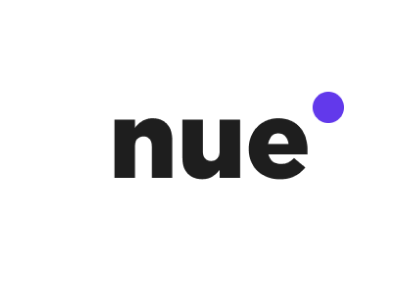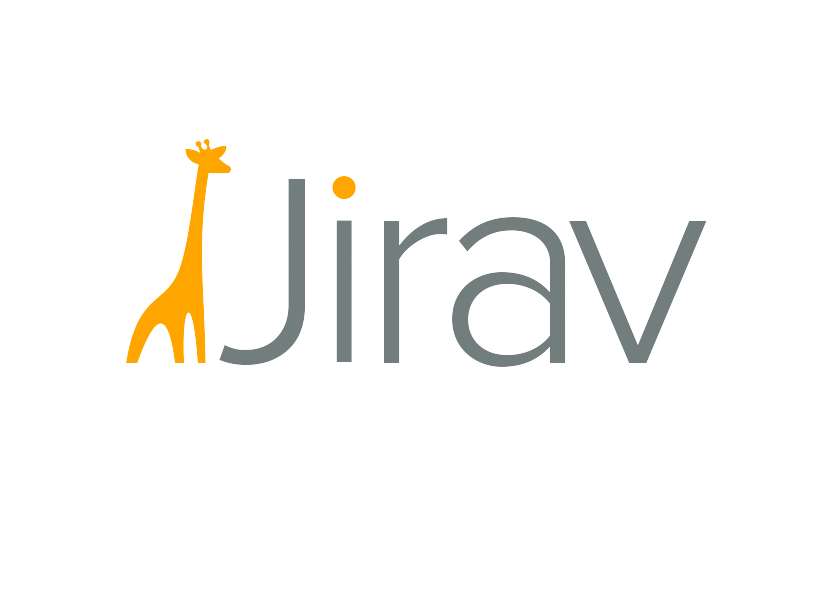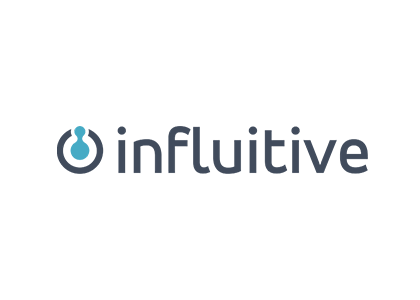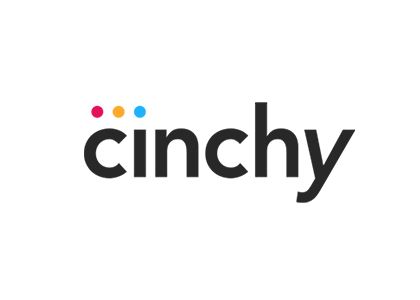FinTech Innovation in the Time of COVID-19: Lessons from the 2008 Crisis
Written by Toan Huynh:
As the world battles to contain the COVID-19 pandemic, our team at Information Venture Partners is hard at work to support our portfolio companies during these unprecedented times. In case you missed it, we recently published a letter to our CEOs to help rethink their strategies. It is these challenging times that bring me back to the early days of Cloud Sherpas, a venture-backed cloud computing global advisory firm I co-founded and that was later acquired by Accenture in one of its biggest acquisitions to date.
It was the fall of 2007, when the proverbial sky fell – the Dow Jones Industrial Average fell almost 800 points during the intraday trading after Congress rejected the first versions of the bank bailout bill. It was the single largest drop in value and until the recent COVID-19 virus events, it was the largest point drop in history. Excessive risk-taking by major banks such as the defunct Lehman Brothers and other global banks in sub-prime mortgage lending magnified the financial impact globally. The “Great Recession” was inevitable and a large bank bailout bill was needed to save the financial institutions.
A week later, GlobalOne, which was the company that ultimately became Cloud Sherpas, was formally created. It was the early days of cloud computing and although we had been implementing cloud solutions and banks and insurance companies were just starting to digitize and understand the software-as-a-service business model that is prolific today. In this blog, I’m sharing my experience of founding a start-up during the 2008 crisis in hopes that this too may help founders think about how to optimize during a challenging environment.
• Be on the look-out for talent: As firms look to reduce costs and pull back on spending many large firms will shed talent – domain and technical talent that could be invaluable for founders building fintech and insurtech software in a highly complex and regulated industry such as financial services. In 2008, we were able to hire and attract great former architects, developers, and domain experts – helping us to build the foundation of our vertical businesses. This is an opportunity for your fintech company to do the same.
• Built-in stress test methods for always challenging your business model: Difficult times can be a great equalizer and present opportunities abound for the right companies to stress test their business models and gain true efficiencies. In 2008, spending had contracted – yet banks and insurers still needed to implement strategic programs and cloud computing offered an attractive alternative to the multi-year, multi-million dollar program that relied on on-premise solutions. Our team optimized on this by offering specific templates and programs to provide relief in cost-efficient ways while building in those lessons learned for when the economy recovered. COVID will continue to challenge incumbents but will create opportunities for the right companies to partner even deeper with financial services companies. Thought leadership, agility in product, and speed to market are critical markers that the startup companies will be able to bring to bear.
• Instill financial discipline from the start: Investors and founders in the late 1990s and early 2000s may recall a time when a good idea or a clickable demo could get a great valuation and ample funding thrown at it. This was not the case in 2008 when Cloud Sherpas was in growth mode and for the years after, we continued to focus on doing more with less and always operating in the black, instilling that capital efficiency and financial discipline in all our practitioners. As investors continue to look for good companies and judge them with a much higher bar, startups will be able to bake in the key measurements and financial discipline as part of the corporate DNA, attracting great investors and capital.
At Information VP, we believe that in good times and in bad, companies need innovative technology partners to help run their business – for financial planning, for data insights/tools to make good decisions and engagement tools for employees, customers, and partners. Indeed, this confirms our bias for investing in “recession-proof businesses” that thrive in all cycles and there is no better time than now to re-think these aspects of your company and plan.






























